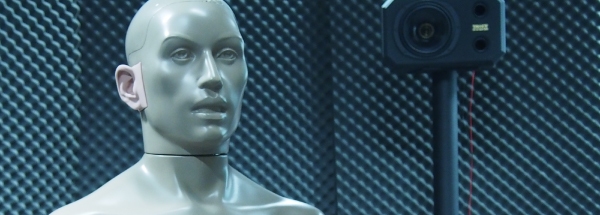The College of Engineering and Computer Science has achieved outstanding results in the latest Australian Research Council (ARC) funding round for 2015. The College was successful in achieving over $3.5 million in awards, including two Discovery Early Career Researcher Awards (DECRA), seven ANU-led Discovery Projects and one Externally-led Linkage Infrastructure, Equipment and Facilities (LIEF) Project.
Recipients of the ANU-led Discovery projects include Rod Kennedy and Salman Durrani, Andres Cuevas, Fatih Porikli, Xiangyun Zhou, Nan Yang and Thushara Abhayapala and Antonio Tricoli, Thomas White and Takuya Tsuzuki, all from the Research School of Electrical, Energy and Materials Engineering.
Bob Williamson and Marcus Hutter from the Research School of Computer Science were both successful in securing Discovery Projects to fund research in artificial intelligence and image processing.
Weifa Liang and Peter Strazdins, also researchers in computer science, received funding for an externally-led LIEF project.
Wen Zhang and Laurent Kneip from the Research School of Electrical, Energy and Materials Engineering were both successful in securing a DECRA grant. This is especially significant for Wen as she is the first female in the College to receive the award.
Dr Zhang’s funding will go towards her research in solving ‘the cocktail party problem’.
Her research project titled ‘The cocktail party problem: Advancing binaural localisation techniques’ aims to produce new technologies that will enable people wearing binaural devices or robots with artificial ears, to localise sound and follow a conversation in realistic situations.
When in a typically noisy environment humans are able to choose one sound to focus on, for example a person speaking, and then reduce the background noise allowing them to hear more clearly. At the moment machines cannot do this but Wen hopes her research will allow machines to mimic this human trait.
“My research focuses on human hearing from an engineer’s point of view and I love that my work will result in many real-world applications” Wen said.
The award included a total of $330,000 in funding that will run over three years, allowing Wen to take on a PhD candidate to help further the research.
Originally from Xi’an in the Shaanxi province of China, Wen relocated to Canberra and completed her PhD in Applied Signal Processing at ANU. Her background in telecommunications engineering and her love of music drew her to this area of study.
If you are interested in completing research in this are please contact Dr Wen Zhang.

